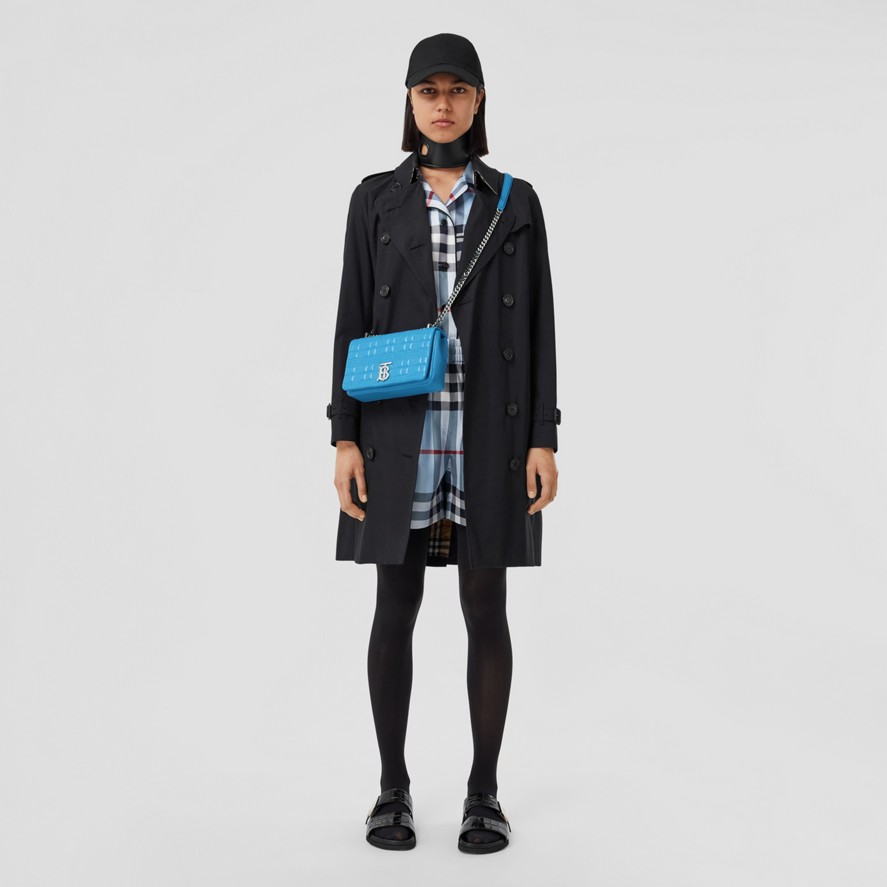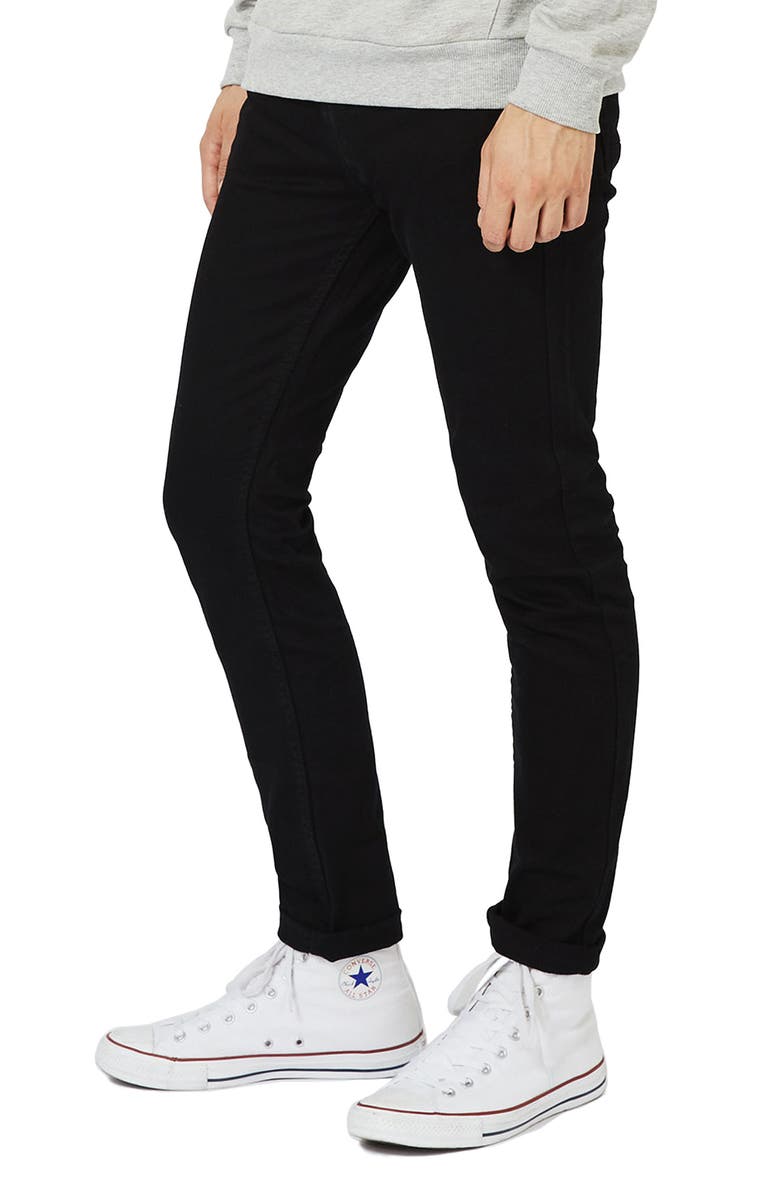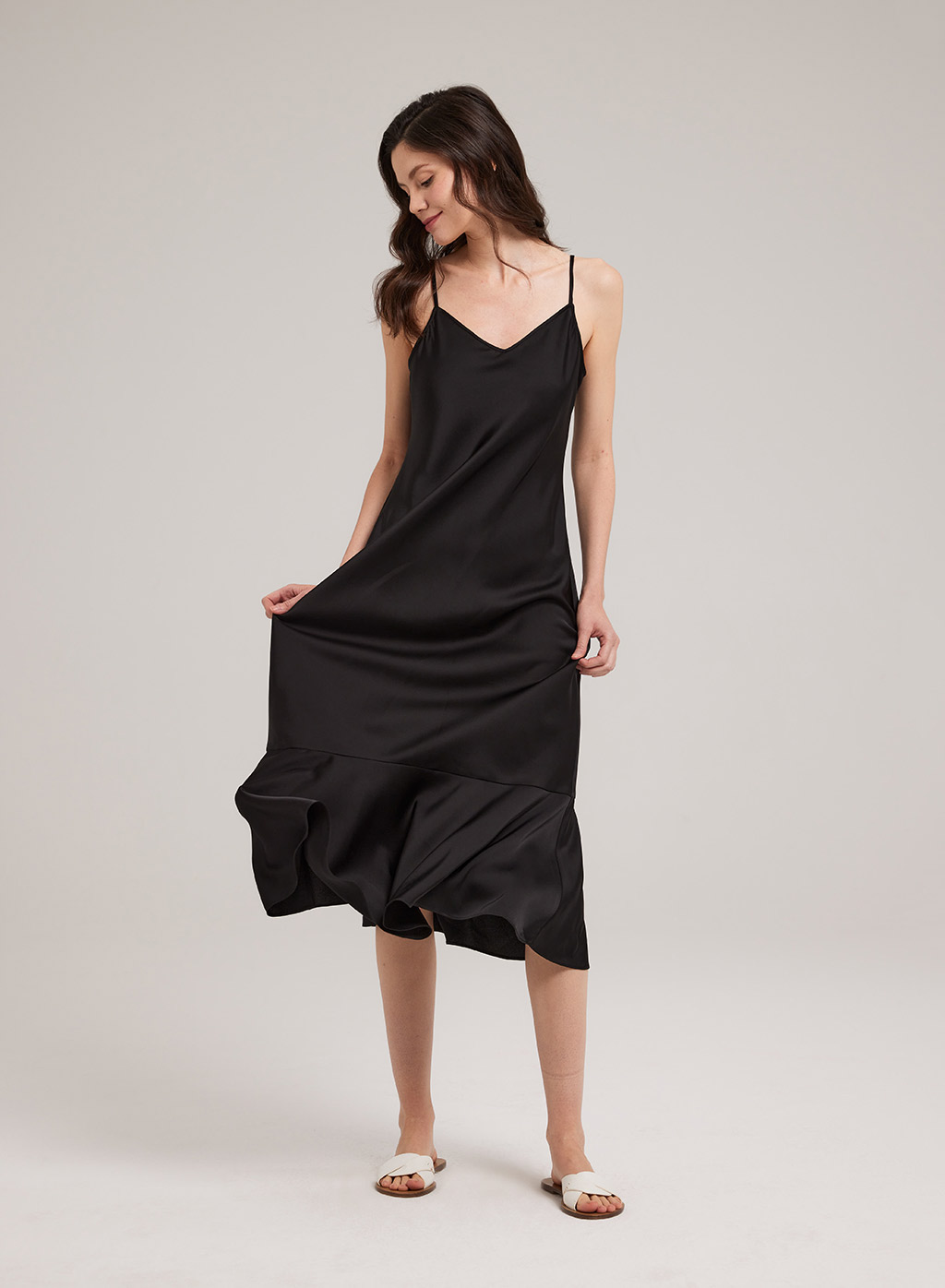Port Authority® Women’s Silk Touch™ Performance Polo – Embroidered Personalization Available | Positive Promotions
Lightweight polo ready to outfit the entire team. 4-oz., 100% polyester double knit; White is 4.3-oz. for increased coverage. Self-fabric collar. Set-in, open-cuff sleeves. V-neck with Johnny collar. Wicks moisture. Resists snags.
Description
- FREE Embroidery Setup Charge on 24 pieces or more! Add $35 on personalized orders under 24 pieces.
- Lightweight polo ready to outfit the entire team.
- 4-oz., 100% polyester double knit; White is 4.3-oz. for increased coverage
- Self-fabric collar
- Set-in, open-cuff sleeves
- V-neck with Johnny collar
- Wicks moisture
- Resists snags
- PosiCharge(R) technology retains color and resists fading
- Tag-free label
- Double-needle sleeve cuffs and hem
- Add your custom silkscreened personalization
- Individually folded and bagged with size stickers for easy distribution
Additional information
| Size | XS – 4XL |
|---|---|
| Imprint Size | 3" X 3", UP TO 5 LINES OR LOGO; 25 CHARACTERS PER LINE |
| Max Imprint Characters/Line | 25 |


)







Reviews
There are no reviews yet.